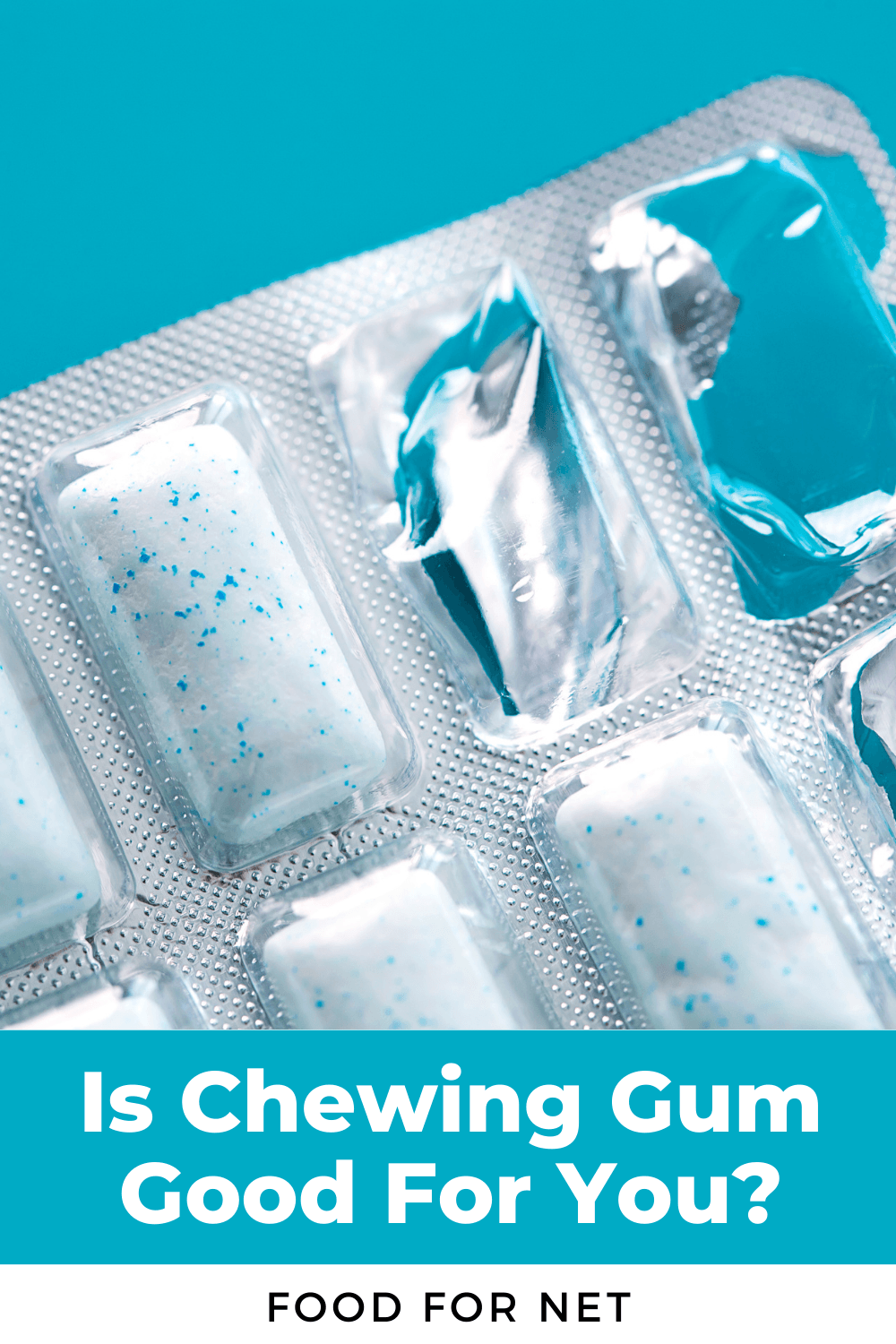
Chewing gum is a mindless habit, something we often do to feel better, to freshen our breath, or just because we feel like it. Some people even go through multiple packs of gum every day. So is chewing gum good for you?
The practice seems pretty harmless, but is chewing gum good for you? It could be, as gum can help to decrease stress, improve dental health, and even promote weight loss. However, we’re still talking about a highly processed product that often contains additives.
The processing and additives are why some people ask: Is gum bad for you? Thankfully, there’s plenty of evidence about the good features of gum and the areas of concern.
One thing to make clear though, we’re mostly talking about sugar free chewing gum throughout this post. Sugary gum certainly isn’t good for you at all and can easily increase your risk of dental problems. Besides, who needs more sugar? Most of us are getting far too much sugar as it is.
Is Chewing Gum Good For You?
- Benefits Of Chewing Gum
- How Chewing Gum Could Be Harmful
- How To Choose The Best Chewing Gum
- Final Thoughts
Benefits Of Chewing Gum

Can Protect Your Teeth
Sugar free gum is actually relevant for your dental health. This is why some dentists actually recommend chewing gum regularly.
This effect happens because chewing gum stimulates saliva production. Doing so can help to wash away some of the bacteria surrounding your teeth. There’s a type of buffering effect too, which can be powerful.
You’re also helping to wash away any debris and sugar from meals. That’s great news for your tooth too.
Fighting the bacteria in your mouth like this should also help to improve your breath. You could also look for mint gum, which is even more effective.
Could Help With Weight Loss
Chewing gum could actually help you to lose weight. One reason is that it seems to help slightly with cravings. So, if you chew gum regularly, you may crave snacks less often and perhaps feel full faster, which can easily reduce your calorie intake and promote weight loss.
There’s even the suggestion that gum might improve your metabolism, leading to slightly increased calorie burning.
The evidence here isn’t amazing. Some studies have found effects on hunger, calorie intake, and energy burning, while others haven’t. This could be influenced by differences in the type of gum and variation from one person to the next.
Chewing gum has a behavioral impact on weight loss too. Specifically, you can’t eat and chew gum at the same time.
So, chewing gum while you’re sitting watching TV or even working could reduce the amount you snack. That’s perfect for weight loss.
You can always experiment with this yourself. Try paying attention to how gum influences your eating patterns and how you feel. Which types of gum work best?
Offers Temporary Acid Reflux Relief
The saliva you generate when chewing gum is relevant to acid reflux symptoms as well, by helping to offset some of the acid in your esophagus.
However, you’re only alleviating some of the symptoms, you’re not fixing any underlying problems. So, if you experience acid reflux regularly, you might need to look closely at the underlying causes.
May Help With Nausea

Chewing gum sometimes makes you feel less nauseous, partly because of the saliva production. This can be particularly good if you experience car sickness, as chewing gum also gives you somewhere else to put your attention.
Mint flavored gum can be particularly powerful here, as mint is a natural nausea remedy anyway. There are also some ginger sugar free gum products. These aren’t common, but could be the absolute best choice for nausea.
Can Reduce Stress
Chewing gum is also relevant for stress and anxiety, helping people to feel less concerned and more relaxed. Such effects are particularly relevant in high stress situations, such as during exams and during bouts of social anxiety.
You may even see improvements in your cognitive abilities, such as increased ability to concentrate and to think clearly. Your memory may even improve, although it’s not clear why this happens.
Research is mixed concerning how long you should be chewing gum for. Some find that the gum isn’t that helpful initially, but can improve attention and performance over time. Other research suggests almost the opposite effect, where gum is most helpful around the time that you start chewing it.
This highlights the importance of listening to your own body. You could experiment with gum and see when it helps with your concentration and when it is distracting instead.
Helps To Keep You Alert
Gum can help to keep you alert too. Mint gum is the most effective type here, as it has such a strong flavor.
However, even minimally flavored gum could still help with your alertness, partly because the process of chewing helps to energize you and gives you something else to concentrate on.
May Help With Mental Health
There’s even a chance that chewing gum helps with your mental health, which includes decreasing depression and anxiety symptoms.
This effect may be related to how chewing gum gives you something simple to focus on, taking your attention away from how you feel and any depressive symptoms. Even if doing so only improves your mood a little bit, it could still be a powerful approach.
How Chewing Gum Could Be Harmful
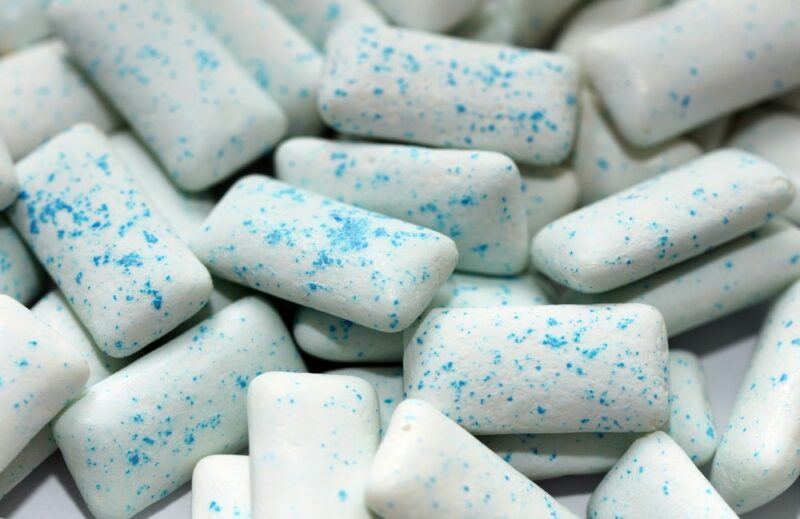
Can Cause Side Effects
Chewing come comes with side effects, particularly if you’re having a large amount.
Some of these come from the sweeteners, including sugar alcohols. If you’re sensitive to the sweeteners in your gum, then you might end up with side effects like stomach cramps, diarrhea, and the like.
Other additives in chewing gum could cause side effects as well, along with the fact that you’re swallowing air. Some people also get headaches from too much gum, particularly if they are already prone to strong headaches.
Such side effects are very individual-specific, so you’ll need to try out different types of gum for yourself. See which ones make you feel good and which ones don’t.
You may need to play around with the frequency as well. For example, having a piece of gum once or twice probably won’t lead to many side effects, but consuming multiple pieces every day easily could.
Can Make IBS Symptoms Worse
Chewing gum can also be a problem if you have IBS, sometimes making your symptoms worse.
The main reason is that you end up swallowing excess air while you’re chewing the gum. Doing so can increase bloating and even lead to stomach cramps.
Some Ingredients Are Concerning
Gum can also contain some concerning ingredients, such as artificial sweeteners and flavorings. Some of these ingredients have been linked to health problems.
Sucralose is a good example here. This artificial sweetener is incredibly common, yet it’s often associated with weight gain, inflammation, and harm to your gut bacteria. While the evidence isn’t conclusive at all, there are enough concerning aspects to suggest caution with such additives.
If you’re consuming gum periodically, like perhaps having a piece every day or two, then these additives shouldn’t be a huge problem. After all, they’re present in tiny amounts. Things change if you’re having multiple pieces of gum per day.
There are some even more concerning ingredients, including emulsifiers, preservatives, and even synthetic rubber. While such ingredients have been researched and are generally seen as being safe, they’re still not a great thing to be putting in your body regularly.
Too Much Gum Could Lead To Jaw Problems
Gum doesn’t normally hurt your jaw. However, excessive chewing can potentially lead to muscle ache and even painful jaw problems.
You Could Harm Your Teeth Too
While gum really can help to decrease the risk of cavities, too much of it can start to cause dental problems instead. You may start to wear down your tooth enamel and even cause changes in the way that you bite.
Dental problems are much worse if you’re relying on sugary gum, but even the sugar free stuff can have this effect if you’re consuming too much of it. This is another reason to avoid overdoing it with gum.
It Can Be Addictive

Chewing gum can be almost additive in some contexts. This could mean that you’re consuming multiple packets of gum per day and always feel like you need more.
You may be more at risk if you chew gum whenever you’re anxious or bored. As with other coping habits, you might get to the point where chewing gum is the only way that you feel good.
This is something to watch out for if you’re easily addicted. You might even need to avoid gum entirely if you find that you’re relying on it too much.
How To Choose The Best Chewing Gum
To see the most benefits and fewest risks from your chewing gum, it’s important to choose your products wisely. This includes looking for ones that keep the additives to a minimum and don’t use concerning sweeteners.
Xylitol containing gums are often recommended, as xylitol is well tolerated and has been associated with few issues. It doesn’t spike your blood sugar either.
Plus, xylitol itself has been linked to improved dental health, potentially even reducing tooth decay risk. This makes it the perfect choice for gum.
However, xylitol is a type of sugar alcohol, so it could cause side effects for some people.
You can also keep an eye out for natural chewing gums – products that avoid artificial ingredients entirely. Many will be advertised as clean or natural.
You’ll still need to check out the ingredients label though, as terms like natural aren’t heavily regulated, so some ‘natural’ products aren’t what you expect them to be at all.
The site Eat This, Not That has a great breakdown of popular gum options, highlighting any concerning ingredients and their potential impacts on your health.
Final Thoughts
Sugar-free chewing gum has a surprising number of benefits, such as reducing the risk of cavities, lowering stress, reducing nausea, and even improving your cognition.
It isn’t all plain sailing though, as gum is also highly processed and often includes additives. It can also lead to side effects, including gas and diarrhea. If you’re sensitive to such side effects, you might need to avoid gum entirely or be cautious with the type that you rely on.
Frequently Asked Questions
Is Chewing Gum Bad For Your Teeth?
Chewing gum can have positive and negative effects. Sugary gums aren’t a wise move, as they tend to cause considerable harm (especially if you don’t rinse your mouth afterward).
Sugar free gum is more powerful. It can even decrease the risk of cavities if you regularly chew it after a meal.
However, the type of gum you choose makes a difference. Sorbitol isn’t a good choice, as bacteria in the mouth can still partially digest this sweetener. The same isn’t true for xylitol-based gums. Stevia appears to be another good choice for reducing cavities and some gums do use this as a sweetener.
Does Chewing Gum Help With Nausea?
Chewing gum is surprisingly effective at combating nausea, to the extent that it outperforms some anti-nausea drugs. There are multiple reasons for this effect. In particular, the gum may stimulate the digestive system, while also acting as a distraction.
Plus, chewing gum is often peppermint flavored and peppermint is well known for its ability to settle your stomach.
Why Does Chewing Gum Hurt My Teeth?
One reason is that you’re chewing gum too regularly. While gum can protect your teeth against cavities, excessive gum chewing can wear down your tooth enamel and eventually lead to pain.
There are other possible reasons too, including having a cavity in your tooth or even experiencing sinus inflammation. It’s important to talk to your dentist if you experience this pain regularly, as it may be a sign of something serious.
Does Chewing Gum Help With Anxiety?
Many people find that chewing gum does lower their sense of anxiety and depression. This may be why gum is also linked to improved focus.
Scientists have yet to understand the mechanism behind this effect, but similar results have been found in multiple studies.
Does Chewing Gum Clean Your Teeth?
To a degree, yes, chewing gum does help to clean your mouth and flush out harmful bacteria. This is partly because it promotes saliva production and the saliva helps to clean your teeth.
However, this doesn’t mean you should skip brushing. Chewing gum doesn’t clean in between your teeth nor does it reach all the surfaces you can with your toothbrush.

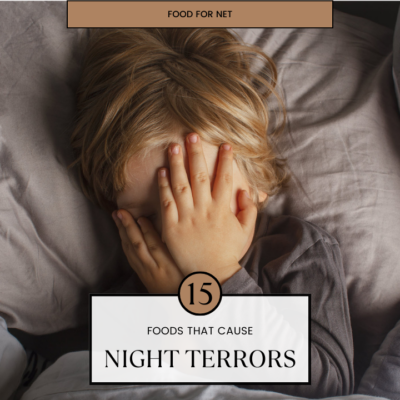



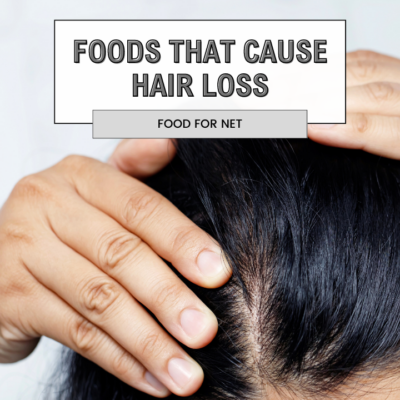



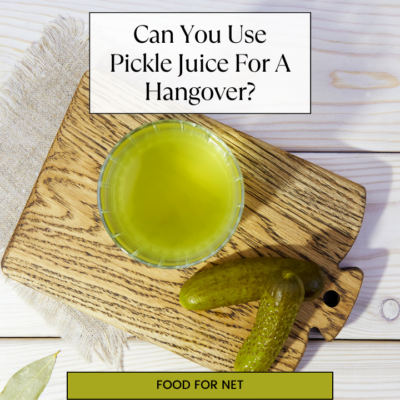
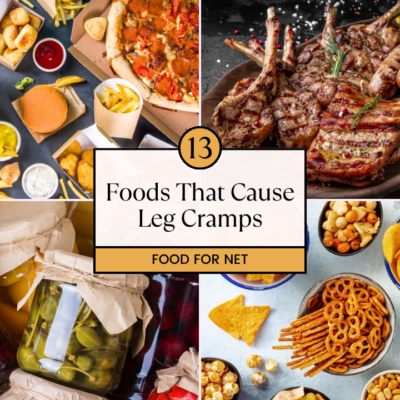






 24 Alkaline Vegan Foods To Keep You Healthy
24 Alkaline Vegan Foods To Keep You Healthy
Leave a Reply